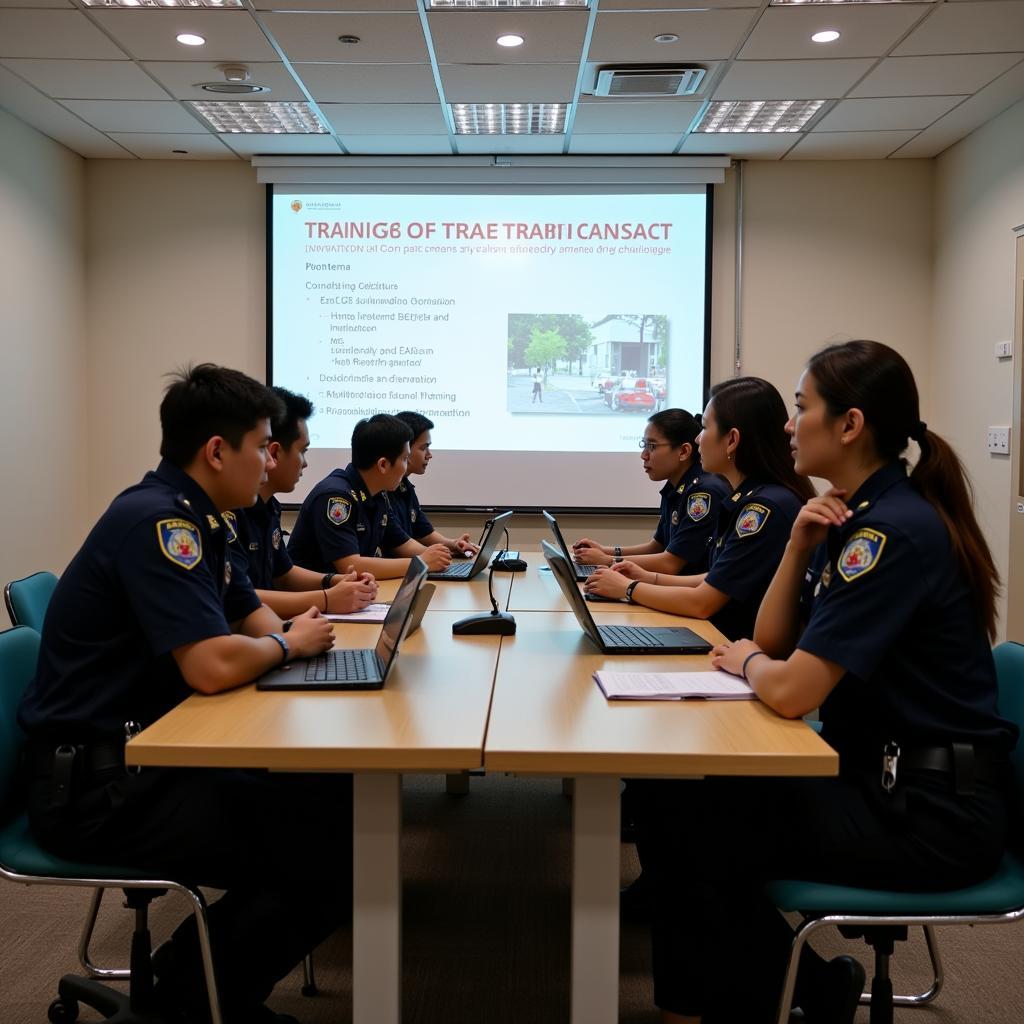Southeast Asia is, unfortunately, a region grappling with the complex challenges of drug trafficking. The illicit drug trade poses a serious threat to the region’s security, economy, and the well-being of its people. Recognizing the gravity of this issue, ASEAN member states have been actively collaborating and implementing best practices to combat drug trafficking.
ASEAN’s Unified Response to Drug Trafficking
ASEAN has adopted a zero-tolerance policy toward drug trafficking, embodied in the ASEAN Vision for a Drug-Free ASEAN 2015 and the ASEAN Work Plan on Securing Communities Against Illicit Drugs 2016-2025. These frameworks guide ASEAN’s collective efforts in law enforcement cooperation, cross-border collaboration, intelligence sharing, and demand reduction strategies.
Exemplary Practices in ASEAN: A Closer Look
Across Southeast Asia, individual nations have developed and implemented noteworthy practices that serve as examples for the region and beyond:
-
Thailand’s Community-Based Treatment Programs: Thailand has taken a holistic approach, focusing on both supply reduction and demand reduction. Their community-based treatment programs provide rehabilitation and reintegration support to drug users, aiming to break the cycle of addiction and reduce the demand for narcotics.
-
Singapore’s Strict Law Enforcement: Singapore’s stringent drug laws and robust enforcement have been effective in deterring drug trafficking and consumption within the country. Their zero-tolerance approach and severe penalties send a clear message that drug-related activities are unacceptable.
-
Indonesia’s Maritime Cooperation: Given Indonesia’s vast archipelago, maritime security is crucial in tackling drug trafficking. Indonesia actively cooperates with neighboring countries to patrol its waters, intercept smuggling operations, and dismantle transnational drug syndicates.
 ASEAN Law Enforcement Officers Participating in Joint Training
ASEAN Law Enforcement Officers Participating in Joint Training
The Power of Cross-Border Collaboration
Recognizing that drug trafficking is a transnational problem, ASEAN nations understand the vital importance of cross-border cooperation. The ASEAN Narcotics Intelligence Bureau (ANIB) plays a critical role in facilitating information exchange and joint operations among member states.
Challenges and Future Directions
Despite commendable efforts, the fight against drug trafficking in ASEAN faces ongoing challenges, including:
- The adaptability of drug trafficking organizations
- Corruption and weak governance in some areas
- The emergence of new psychoactive substances (NPS)
- The need for stronger regional and international cooperation
Moving forward, ASEAN needs to prioritize the following:
- Enhancing the use of technology for surveillance and detection
- Strengthening judicial systems and promoting legal frameworks that enable effective prosecution of drug traffickers.
- Addressing the root causes of drug trafficking, including poverty, inequality, and lack of opportunities.
Conclusion: A Collective Commitment to a Drug-Free ASEAN
Combating drug trafficking demands a multifaceted and sustained approach. By sharing best practices, strengthening partnerships, and addressing evolving challenges, ASEAN can make significant strides toward achieving a drug-free region. The well-being of ASEAN citizens and the region’s future prosperity depend on a united and unwavering commitment to eradicating this transnational threat.

